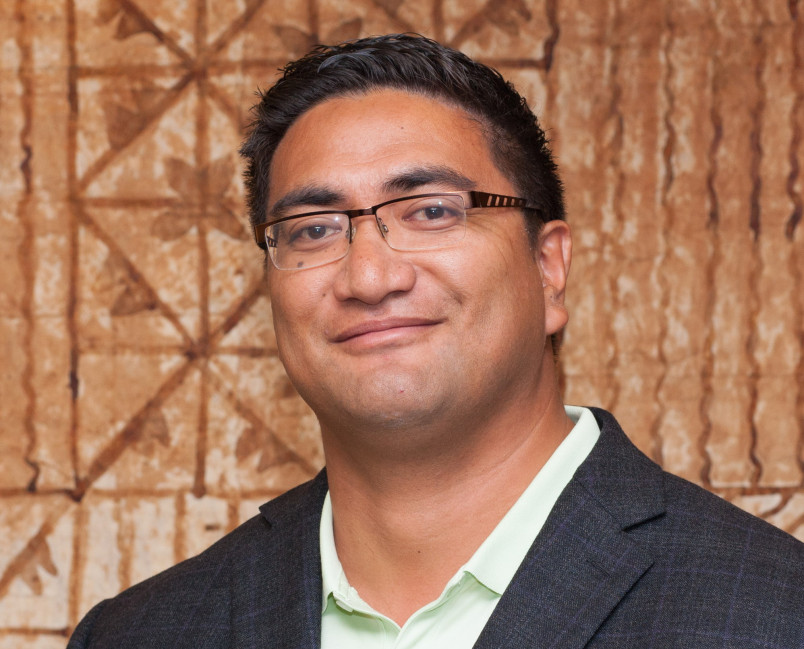The Pacific Islands Families (PIF) Study, which commenced in 2000 at Middlemore Hospital in South Auckland, follows a birth cohort of over 1000 Pacific children over their lives within their family environment. Consultation within Pacific communities has contributed to the development of a multidisciplinary project emerging at a time when Pacific peoples were not adequately represented in the evidence base, shaping and influencing health policies and practice decision-making.
The PIF study, founded by Professor Janis Paterson at Auckland University of Technology, aims to address this knowledge gap by providing Pacific-specific evidence for strategic recommendations to improve the health and wellbeing of Pacific children and families, and to address the social disparities they face in New Zealand.
While addressing health and wellbeing outcomes for the Pacific community, this longitudinal, multidisciplinary programme of research has also proved to be a thriving hub for building capacity and capability of Pacific Island researchers and has created a strong platform for Pacific Island health research in New Zealand.
The PIF study provides a model for how to support and nurture researchers throughout their career and create a space for researchers to grow and belong. A shining example of this can be seen in the study’s current Director, Dr El-Shadan Tautolo. Born and raised in South Auckland with Samoan and Cook Island heritage, Dr Tautolo first received funding in 2004 with an HRC Summer Studentship. With continued HRC support, Dr Tautolo cultivated his academic career within the PIF study, through PhD and post-doctoral research grants and onwards to leading two HRC Project grants as Principal Investigator. In 2016, he was welcomed on to the HRC Pacific Health Research Committee and became the PIF Director.
"It’s important for me to do my part to support the next group [of Pacific Island researchers] coming through. Building that research capacity is not only vital to the future of the PIF Study, but also for ensuring our work can make a significant contribution to the betterment of our Pacific families and communities," he says.*
PIF research findings on physical activity, food patterns, diabetes risk factors and the physical, social, built and family environment within which these children live their lives has informed both policy and practice:
- PIF researchers work with the Pacific Heartbeat team of the Heart Foundation to deliver a Ministry of Health-funded, and AUT-delivered, certificate in Pacific Nutrition.
- PIF findings have continuously informed the curriculum to train those who work in the Pacific community on solutions to improve the health of Pacific peoples.
As part of the Pacific Islands Food and Nutrition (PIFN) Action Group, PIF researchers are working with the City Mission to lead the development of a monograph on the lived experiences of food poverty and food insecurity for Pacific people for the Child Poverty Action Group. The (PIFN) Action Group includes representation from the Heart Foundation, the Stroke Foundation and ProCare.
*Quote from HRC media release, Pacific fathers cultivating the future, 20 June 2013.
